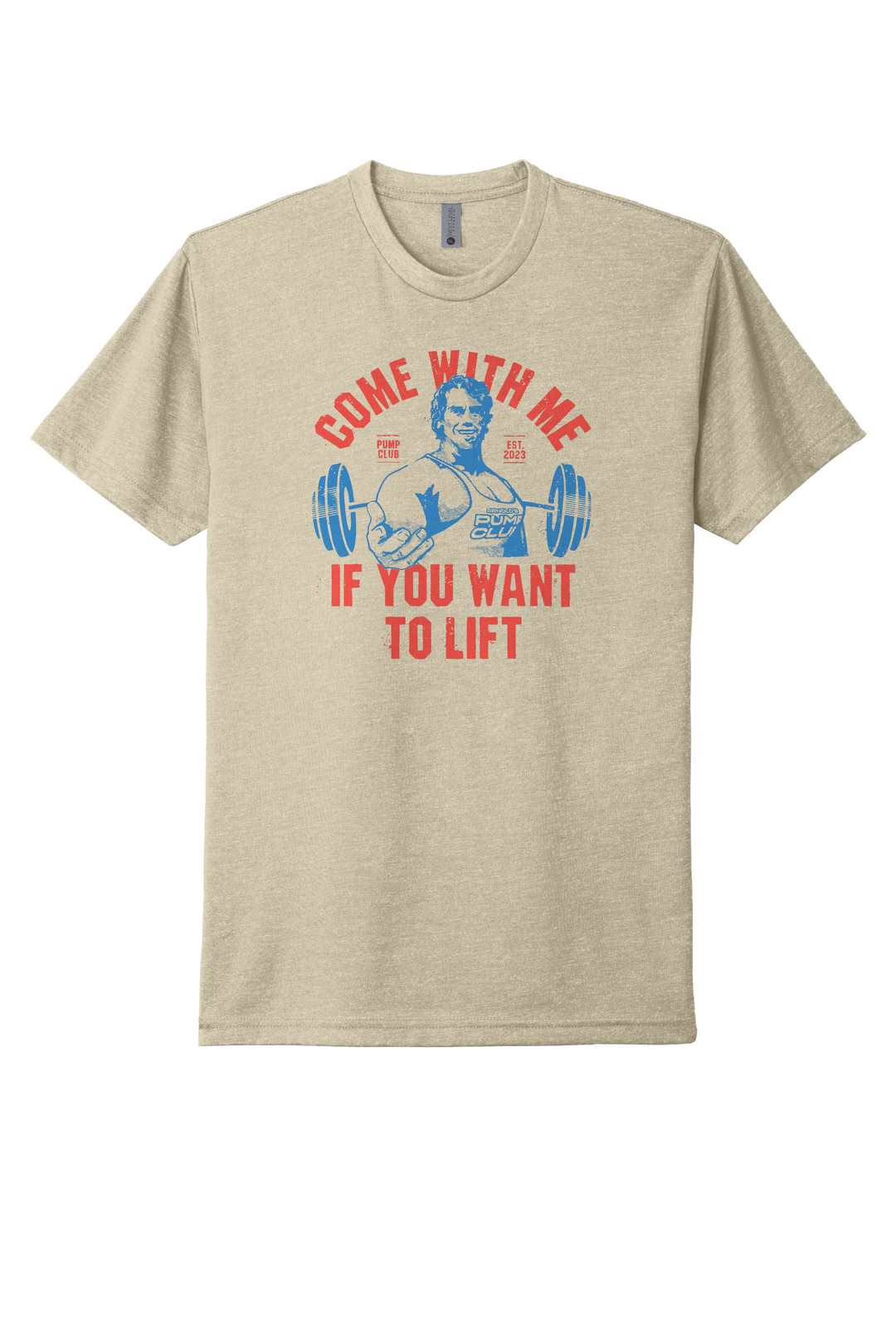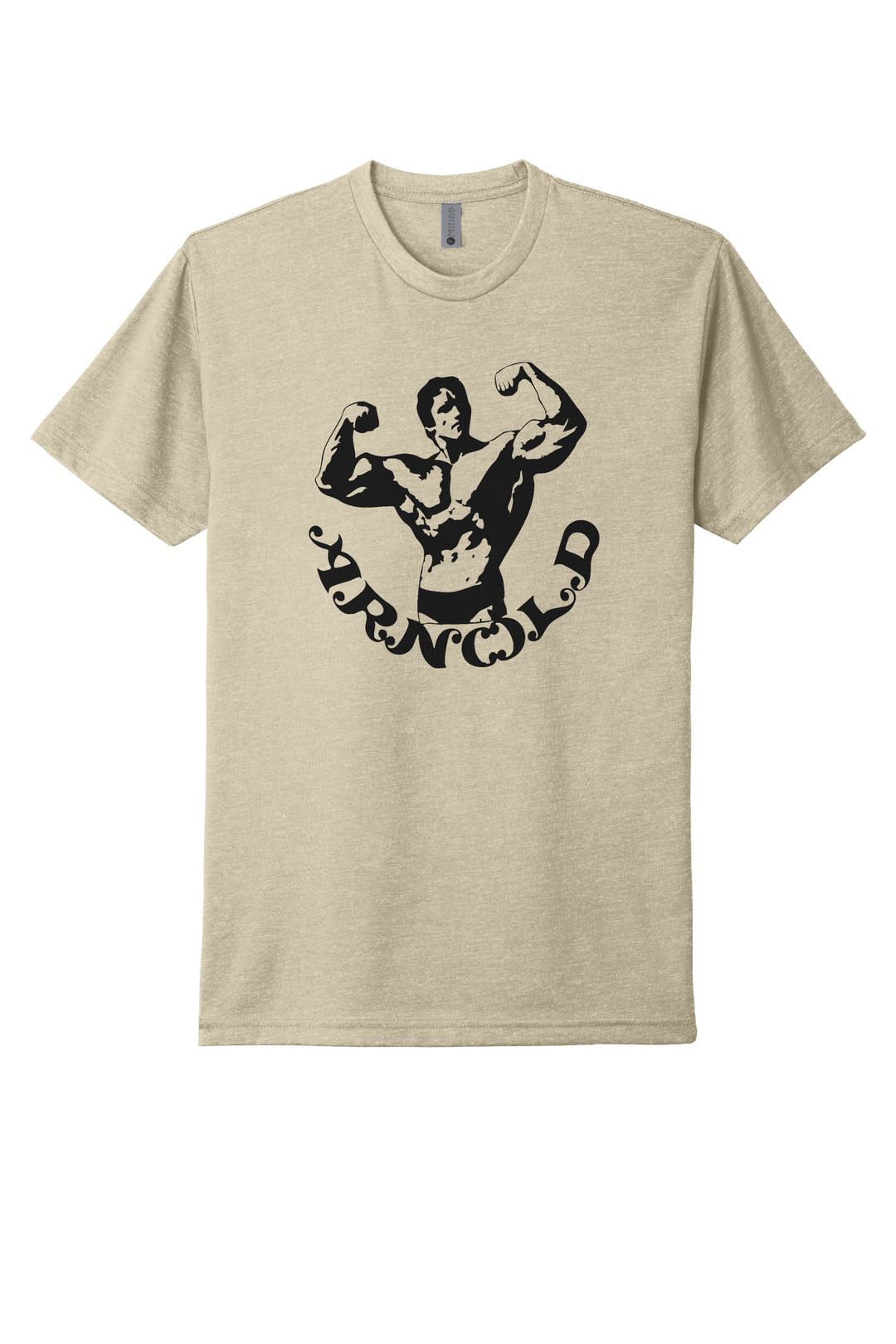Welcome to the positive corner of the internet. Every weekday, we make sense of the confusing world of wellness by analyzing the headlines, simplifying the latest research, and offering quick tips designed to make you healthier in less than 5 minutes. If you were forwarded this message, you can get the free daily email here.
Today’s Health Upgrade
What napping can do for you
How to speed recovery and reduce soreness
Arnold’s inspiration
The surprising benefits of gum
Arnold’s Podcast
Want more stories from Arnold? Every day, Arnold’s Pump Club Podcast opens with a story, perspective, and wisdom from Arnold that you won’t find in the newsletter. And, you’ll hear a recap of the day’s items. You can subscribe on Apple, Spotify, Google, or wherever you listen to podcasts.
Health
The Benefits of Adult Nap Time
You might think of napping as a sign of laziness. But it could be an intentional way to refresh your mind and body.
A new systematic review of 22 studies found that a short daytime nap can be a game changer for mental and physical performance.
Researchers analyzed data from multiple randomized controlled trials (RCTs) that tested the effects of napping on sports performance. They found that short naps (ranging from 20 to 90 minutes) significantly improved reaction time, cognitive processing, and accuracy in sport-related tasks.
But the benefits weren’t just mental. Athletes who napped also demonstrated better endurance and sprint performance. And perhaps most importantly, those who took naps reported reduced fatigue.
The researchers suggest that napping helps counteract sleep debt, which can impair cognitive function and muscular endurance. Napping may also enhance motor memory consolidation, which helps retain and refine movement patterns necessary for high-level performance.
To get the most out of your nap, keep it short. A 20 to 30 minute nap can provide cognitive benefits without causing grogginess. If you have the time, naps up to 60 minutes can provide a boost. Beyond that, more extended rest periods can cause sleep inertia, which is that feeling of disorientation and tiredness after a longer nap.
We realize that anyone who doesn’t work from home might have trouble sneaking in a nap. But, it could be an addition to your weekend. Or, if you’re feeling bold, share this with your boss and tell them Arnold and The Pump Club sent you.
Fitness
The Antioxidant That Speeds Workout Recovery
If you’ve ever felt completely wiped out after a tough workout, there might be a simple way to help your body bounce back faster. And it all starts with a compound your body already produces.
Research suggests Ubiquinol, the active form of Coenzyme Q10 (CoQ10), can speed up recovery and enhance performance.
Scientists studied athletes undergoing intense physical training. They gave one group Ubiquinol supplements and the other a placebo. Over several weeks, they measured how the body responded to and recovered from exercise.
Supplementing with Ubiquinol significantly lowered inflammation and oxidative stress. Their red blood cell count and overall hematological health also improved, suggesting better oxygen transport and endurance.
Ubiquinol plays a key role in cellular energy production and is a powerful antioxidant. It protects cells from oxidative damage that can slow recovery and lead to fatigue.
The researchers believe this antioxidant effect helps reduce inflammation and enhance blood flow and blood health, leading to more efficient and effective recovery.
Remember, the foundations of recovery haven’t changed. Prioritize sleep, good nutrition (getting enough protein), hydration, and ensure your training program doesn’t leave you constantly fatigued.
If you want an extra boost to help your body kick regeneration into high gear, don’t settle for any Co-Q10 product because they are not all the same.
Most CoQ10 products are ubiquinone, which is not what the research studied and not as effective. This is an oxidized form that your body needs to convert. On the other hand, Ubiquinol is more bioavailable so it can be used immediately.
We recommend Momentous because it uses Kaneka Ubiquinol®, which is twice as absorbable as conventional CoQ10. This ensures your body gets the most out of every dose.
Like all Momentous products, their Ubiquinol is NSF Certified for Sport®, GMO-free, and manufactured in the U.S. using the highest-quality standards. There’s a reason we recommend Momentous products, and that’s because they invest in their ingredients to ensure quality and purity, so you can trust what you put in your body is good for your body. As a member of the positive corner of the internet, you get 20% OFF your purchase when you use the code “PumpClub.”
If you want to upgrade your recovery, consider adding 100 to 200 mg of Ubiquinol daily, preferably in the morning (for the record, they used 200 mg in the study). Pairing it with a nutrient-dense diet and proper sleep will maximize its benefits.
Mindset
Arnold’s Inspiration
During the Arnold Sports Expo, someone in the audience asked who or what inspires me today. I want all of you to see my answer.
Want to experience the inspiration yourself? Start your journey here.
Nutrition
The Science of Chewing Gum and Weight Loss
There are no shortage of tricks and hacks to help you eat less. But before you blow your budget or go to extremes, maybe you should pick up a pack of gum.
Evidence suggests chewing gum might help curb cravings and reduce snacking, but it’s not a magic bullet for weight loss.
Researchers examined how gum chewing affects satiety (the feeling of fullness), appetite hormones, and overall energy intake. Some studies showed that chewing gum reduced hunger and cravings, particularly for sweet and salty foods. Others found that chewing gum helped people consume fewer calories at their next meal.
Scientists believe this phenomenon could result from increased blood flow to the brain, which can enhance cognitive control over eating behaviors. Additionally, chewing itself might help suppress hunger signals by stimulating nerves related to satiety.
That said, the review also found inconsistencies across studies. While some naturally ate less after chewing gum, others did not experience a significant change in calorie intake. The effectiveness of gum as a weight loss tool depends on factors like personal eating habits, diet composition, and individual metabolic responses.
If you’re looking for an easy strategy to curb snacking, chewing gum could help, especially if you tend to reach for food out of boredom rather than hunger. But don’t expect dramatic weight loss results from gum alone. Focus on more protein and fiber (tool #2), limiting distractions when you eat, taking at least 20 minutes to enjoy a meal, exercise, and sleep.
—
Publisher: Arnold Schwarzenegger
Editors-in-chief: Adam Bornstein and Daniel Ketchell






































